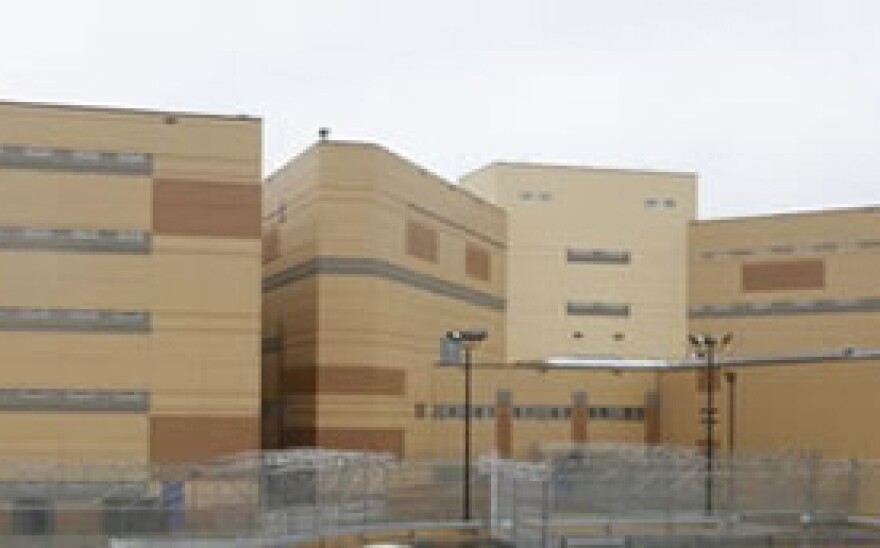The North Carolina Court of Appeals is scheduled to hear arguments Tuesday morning on whether the state must follow a public rule-making process when changing its procedures for executing death row prisoners.
Arguments center on the Department of Public Safety switching its protocol for executions from a lethal injection of a three-drug mixture to a single-drug solution. (The change happened last fall.)
Four death row inmates, who first sued saying the original injection would result in cruel and unusual punishment, are arguing the state didn’t follow a requisite process to make the change.
Under the state Administrative Procedure Act, the department of public safety is exempt from submitting matters pertaining to prisoners to a public rule-making process.
But Robert Orr, a retired state Supreme Court Justice appointed to represent the plaintiffs in the appeal, said the department should be required to submit execution procedures through a public process because executions affect the families of prisoners and the general public:
The execution of a citizen of this state is probably the single-most impactful act that the government can do. The public's ability to understand how the procedure works, to understand who is there, to understand what their role is, is part of being an informed public. -Robert Orr
"The execution of a citizen of this state is probably the single-most impactful act that the government can do,” Orr said. “The public's ability to understand how the procedure works, to understand who is there, to understand what their role is, is part of being an informed public."
In a filing with the appeals court, state Attorney General Roy Cooper says the prisoners are attempting to litigate an issue that was ruled on by the state Supreme Court in 2011, when five death row inmates questioning the lethal injection protocol said the public safety department violated the Administrative Procedure Act. He declined to comment through a spokeswoman.
"Although we may question the wisdom of permitting the [Department of Corrections] to be able to modify, at will, without any oversight, the manner in which the [State’s] most serious punishment is meted out, that policy decision is within the province of the legislature, not the courts," the Supreme Court’s 2011 ruling says.
There has been a de facto moratorium on executions in North Carolina since 2006, when a series of lawsuits began challenging the humanity and fairness of capital punishment. There are 151 inmates on death row.







